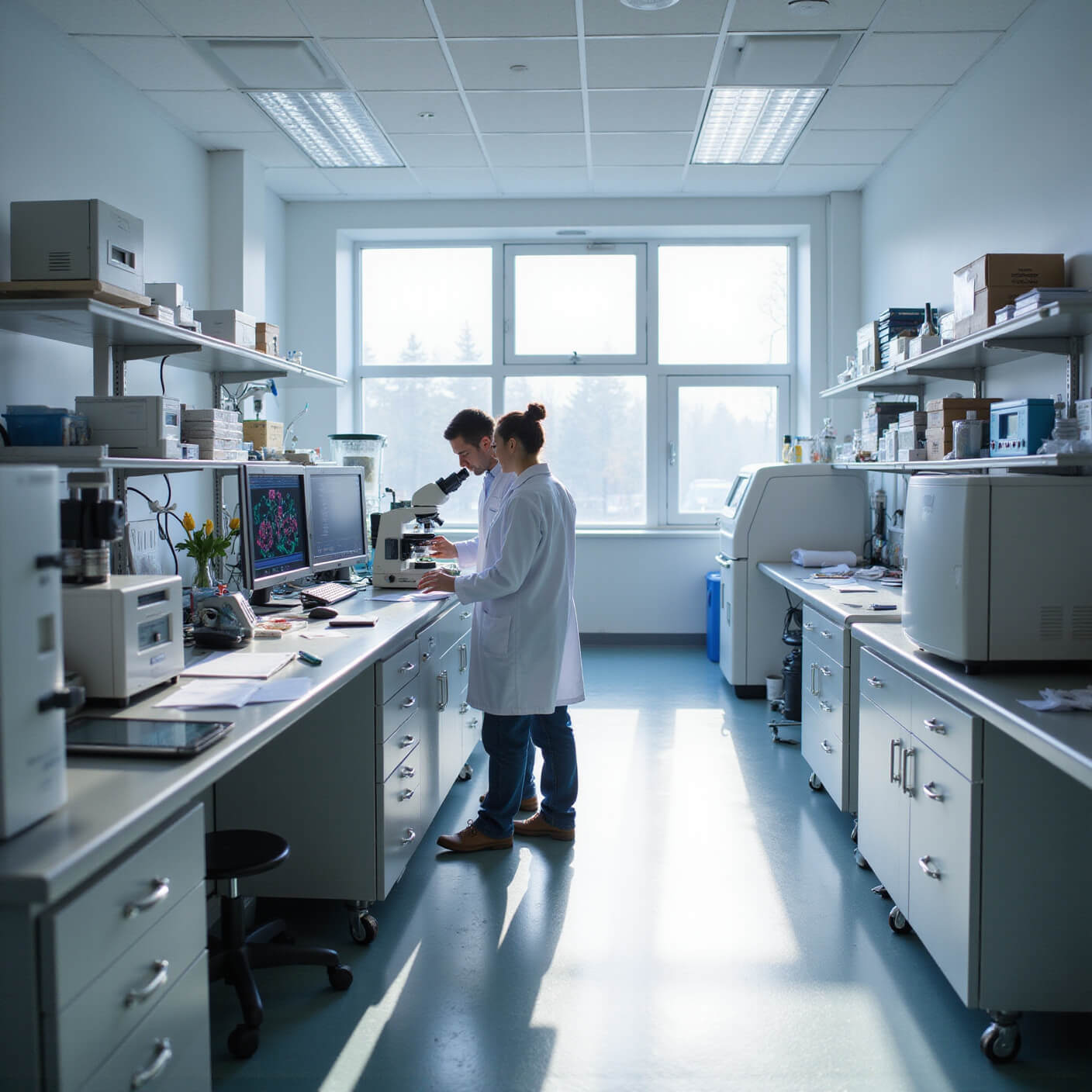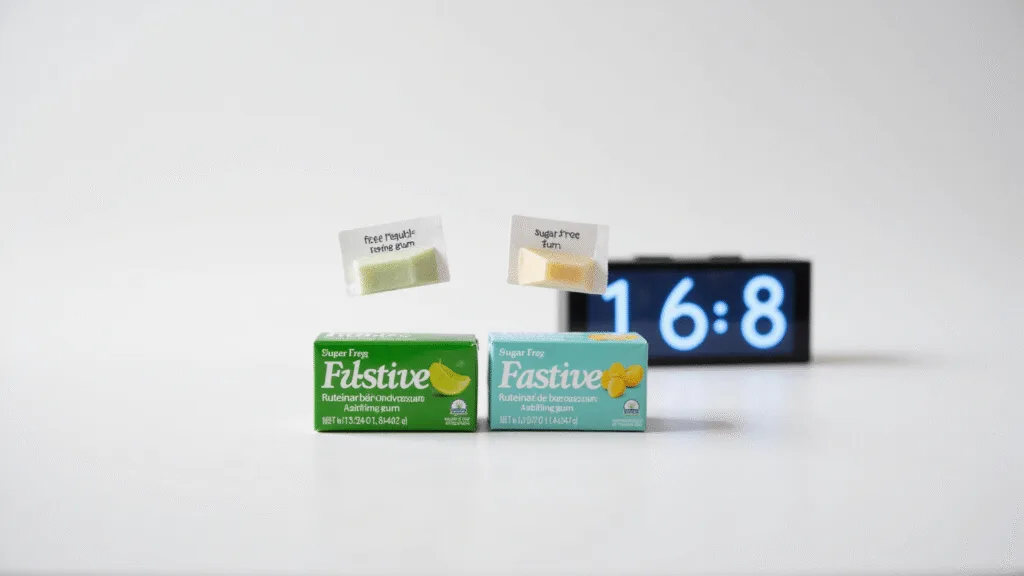What Exactly is Vitamin B17?
First things first – Vitamin B17 isn’t even a real vitamin.
It’s actually a chemical compound called amygdalin, found in the seeds of fruits like apricots, almonds, and other stone fruits.
Some sketchy alternative medicine folks have been pushing it as a “natural” cancer treatment for years, but here’s the cold, hard truth: it’s basically poison.

The Shocking Truth About Laetrile
Laetrile (the synthetic version of amygdalin) sounds like a miracle drug, but it’s more like a potential death sentence.
Key Facts That Will Blow Your Mind:
- It contains cyanide, a deadly poison
- Zero scientific evidence supports its cancer-fighting claims
- Multiple medical organizations have warnings about its use

Why People Fall for the Vitamin B17 Trap
Desperation makes people do crazy things, especially when facing a scary diagnosis.
Cancer patients looking for hope might get sucked into online forums and alternative health websites promising miraculous cures.
But here’s the reality check: these claims are not just wrong – they’re dangerous.
The Real Scientific Evidence
A 2015 comprehensive medical review concluded something brutally simple: Laetrile does NOT work as a cancer treatment.
What Science Actually Says:
- No controlled clinical trials prove effectiveness
- Potential for severe cyanide poisoning
- Risk FAR outweighs any potential benefits
The Deadly Risks of Vitamin B17
Consuming amygdalin or laetrile can lead to some terrifying health consequences:
- Cyanide poisoning
- Potential organ damage
- Severe neurological complications
- Possible fatal reactions

Misinformation: How It Spreads
The internet is a breeding ground for health myths.
Personal anecdotes, pseudoscience websites, and desperate testimonials create a dangerous echo chamber of medical misinformation.
What You Should Do Instead
If you or someone you know is exploring alternative cancer treatments, here’s the game plan:
Smart Steps:
- Always consult licensed medical professionals
- Trust peer-reviewed scientific research
- Be skeptical of “miracle” cure claims
- Focus on proven, evidence-based treatments
Final Warning
Vitamin B17 isn’t a vitamin. It’s not a cure. It’s a potentially deadly scam that preys on vulnerable people desperate for hope.
Your health is too important to gamble with dangerous myths.
Trust science. Trust professionals. Protect yourself.
[Note: Consult healthcare professionals for personalized medical advice.]






